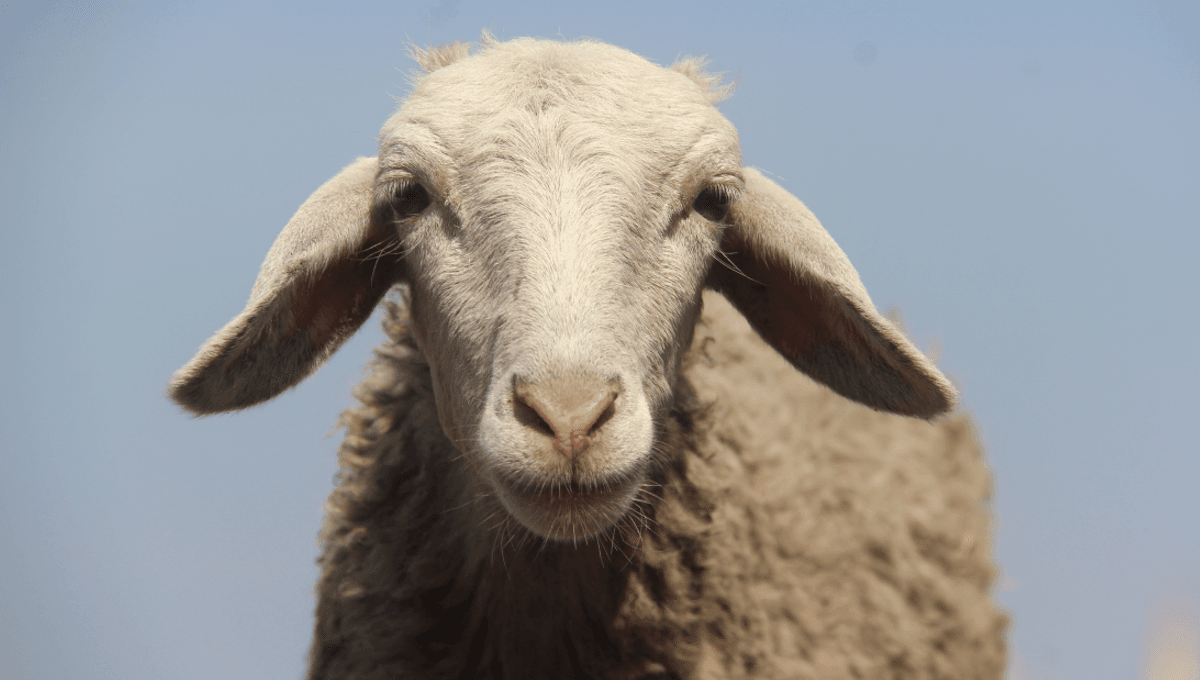
Vitamins and health supplements are popular products in the modern era, but how many of us really look at what’s going into them? Humans have formulated all kinds of creative ways to capture chemicals that can do us some good – and when it comes to vitamin D, it seems the recipe is sometimes more sheepy than people had in mind.
There are two key kinds of vitamin D: D2 and D3. D2 is the plant-based option, obtained from fungi and yeast exposed to ultraviolet radiation. Meanwhile, D3 typically has animal origins. Specifically, sheep’s wool.
Vitamin D Comes From Sheep’s Wool?
The kind of vitamin D we extract from sheep is the same that’s produced in our own bodies when we’re exposed to the Sun, which is how we typically get most of our vitamin D in the brighter months (careful not to overdo it and get a sunburn, though).
Another way to obtain it to put in supplements is by shearing the wool of sheep, which contains lanolin, a waxy substance excreted by their sebaceous glands. It helps the sheep keep their coats healthy, but also happens to be a great source of vitamin D.
So, not all vitamin D supplements are vegan – but there are alternatives out there.
Vegan Vitamin D
Mushrooms and yeast are another good source of vitamin D as when they’re irradiated – the sciencey way of saying “exposed to ultraviolet light”, like that which we get from the Sun – they produce vitamin D2. You can get a bit of vitamin D just from eating normal mushrooms, but supplements will concentrate their contents to produce a higher dose without having to eat buckets of fungus.
Companies have been able to create vitamin D pills using lichen, communities of fungi and cyanobacteria that you may have spotted growing on rocks (or the occasional skull). The supplement was shown to be effective in raising levels of vitamin D in people who were deficient, perhaps even more so than more traditional vitamin D supplements.
Why Take Vitamin D At All?
Vitamin D plays an important role in regulating the levels of calcium and phosphate, but research has shown that it can also contribute to better immune function. A 2022 study found that daily vitamin D supplement could reduce the rate of autoimmune disease by 22 percent – at least in the over-50s – and since then it’s also been linked to a reduction in dementia risk.
With any supplement, it’s always important to pay attention to what’s going into the pills we swallow as a recent study found that even common things like turmeric and green tea can lead to liver damage. A balanced diet is always a good place to start before turning to supplements as overdoing it on the vitamin front can just land you with a load of expensive urine.
The content of this article is not intended to be a substitute for professional medical advice, diagnosis, or treatment. Always seek the advice of qualified health providers with questions you may have regarding medical conditions.
All “explainer” articles are confirmed by fact checkers to be correct at time of publishing. Text, images, and links may be edited, removed, or added to at a later date to keep information current.
Source Link: Is Your Vitamin D Supplement Plant-Based Or From Animals? Here's the Difference